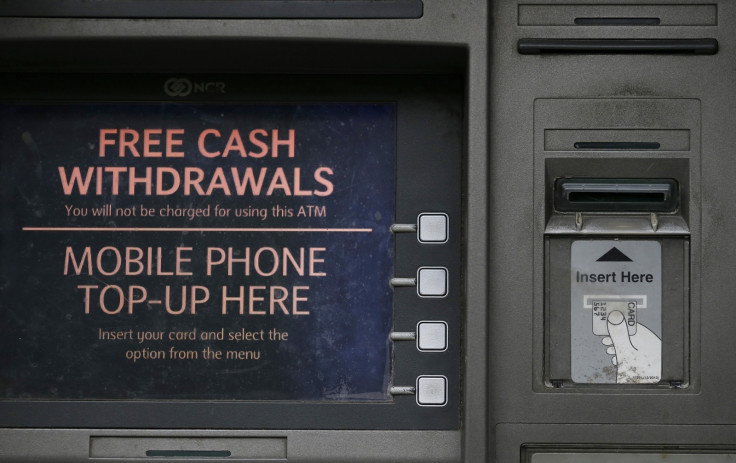Scottish Independence: Would Yes Vote Trigger Run on Scotland's Banks?

As the rhetoric ramps up ahead of the referendum on Scottish independence, with doom-laden tales of economic and financial ruin, there have been reports in recent weeks that the banks are carting tonnes of banknotes over the English border.
This is because there is some concern that Scots will head straight to cashpoints in the event of a 'Yes' vote and pull out their money for fear of a financial meltdown and lost deposits, so banks want to bolster their reserves just in case.
These worries of a run on the banks have been compounded by the fact that some of the UK's biggest financial institutions based in Scotland – including RBS, Lloyds and Standard Life – are planning to move their headquarters into England in the event of independence.
So should ordinary Scots be worried about losing their cash down an independence black hole? Should they be running to the cashpoint and withdrawing all they have in order to keep it stashed safely under the beds? Here are four key reasons not to worry.
Contingency plans are already in place.
Mark Carney, the governor of the Bank of England, has already said in August that policymakers have drawn up contingency plans for handling a yes vote. Though they won't say in public what they are exactly, a lot of thought has clearly been put into managing the impact of Scottish independence.
"It's never good to talk about contingency plans in public other than to assure that we have contingency plans," Carney said. "In terms of our responsibilities for financial stability - we have a wide range of tools and plans."
The Bank of England has said it will support Scotland for 18 months.
There will be a long period of negotiation between Holyrood and Westminster after the referendum. There will be no immediate break-up on Friday morning, no sudden consequence of a yes vote.
Things will be exactly the same. It will simply mean that the Scottish people have declared their wish for independence from the UK and the slow process of bring about that split will begin.
Alex Salmond, leader of the Scottish National Party (SNP) and Scotland's first minister, has said he thinks the whole process will take eighteen months.
And Carney said Scotland would have the full backing of the Bank of England during that whole period, meaning it will retain its responsibility to ensure the country's financial stability. So if there was any run, the central bank would still inject emergency liquidity into Scotland's system to keep the system moving.
There are already schemes in place to protect depositors.
Under the government's Financial Services Compensation Scheme (FSCS), depositors are insured to the tune of £85,000 in the event of any financial disaster at a single institution or across the whole system.
That means that until the day Scotland officially splits – and assuming it was unable to negotiate a currency and financial union with the rest of the UK which lets Scots access FSCS anyway – Scottish depositors are protected for thousands of pounds.
Banks are only being prudent, there's no sign a run will actually take place.
It's understandable that banks will want to prepare for all eventualities on 19 September. It's prudent for them to draw up plans and that includes having enough cash reserves to cope with any potential panic among their depositors.
But that doesn't mean they think a run will happen. While there are reports that banks have had some customers come in and ask what they should do, or who are confused about what will happen if yes wins, there has been no indication that money is already being pulled out or is about to be.
And banks have been telling their customers not to worry too, because there really is no reason to fret.
© Copyright IBTimes 2025. All rights reserved.






















